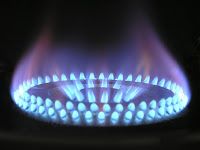OPEC Decision to cut production - legal background

On 30 November 2016 OPEC held its 171st meeting in Vienna, Austria. It decided, for the first time since 2008, to cut-down on its oil output. Over the coming 6 months the cartel wants to produce 1.2 million barrels of oil less per day, compared to current output. The new limit on total OPEC output shall be 32.5 million barrel per day. Implementation of the new deal shall start on 1 January 2017. ( http://www.opec.org/opec_web/en/press_room/3912.htm ) In this short piece some background information on the decision and its legal basis is provided.





